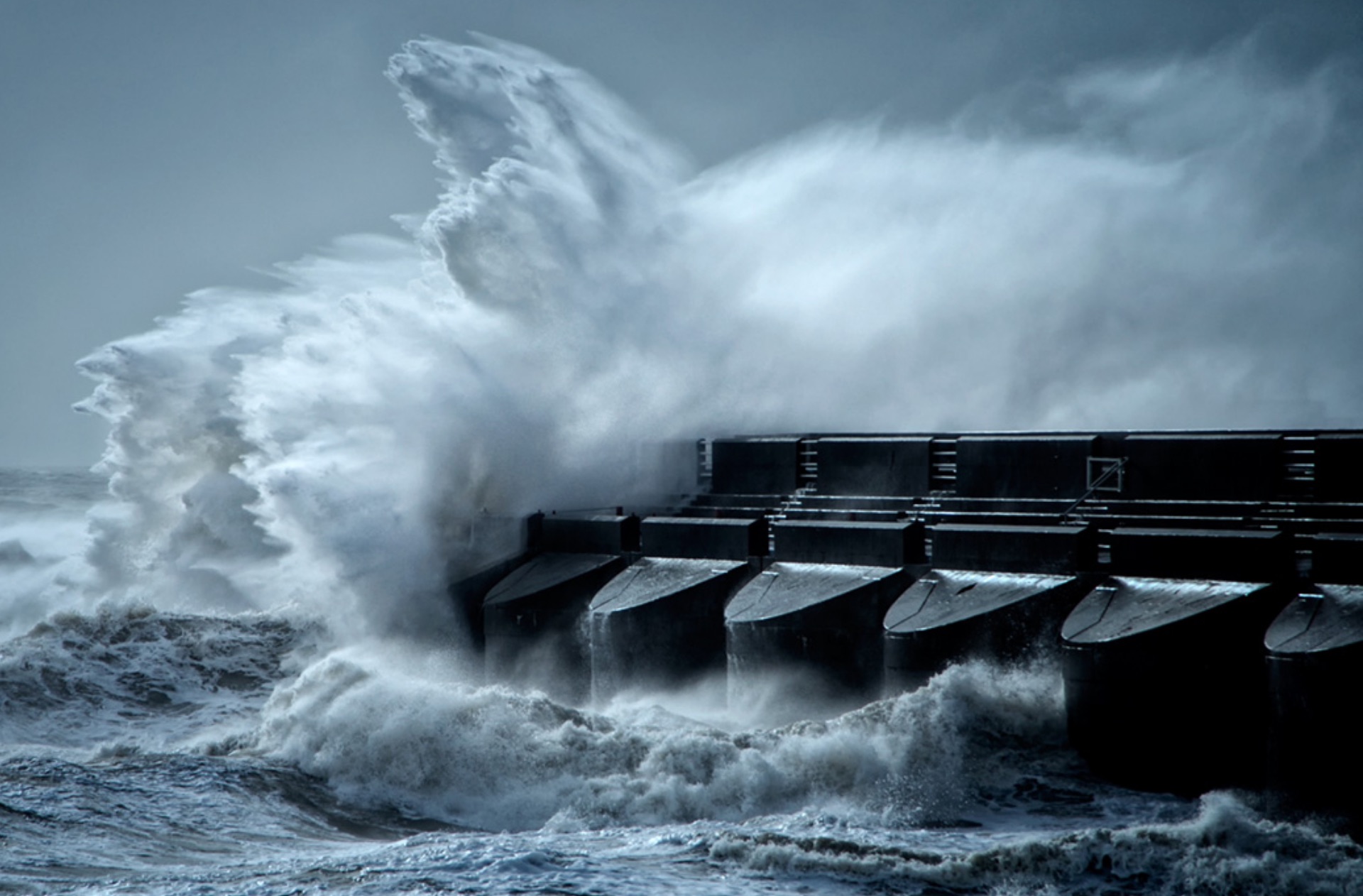So much financial advice is predicated on caring for your future self. Your present self must resist temptations today to protect tomorrow. But it’s hard. Granted, some of us are naturally wired for saving and discipline; however, others find it almost impossible to forego instant gratification. The long-term can be easy to ignore.
Climate change poses similar, and bigger, psychological challenges.
As climate scientist, Katherine Hayhoe, stated in a PBS interview, “It turns out, in the U.S., almost three-quarters of the people would say, oh, yes, climate change is real, it will affect future generations, it will affect plants and animals, it will affect people who live in countries far away. But when you say, do you think it will affect you, the number drops precipitously to just over 40 percent. That gap is our biggest problem, not the gap of people who say it isn’t real, the gap of those of us who say [it] is real, but we don’t think it matters.”[1]
In his solstice update, Spencer Glendon refers to those who believe in climate change but don’t act because it’s a “someone else” problem. He goes on to state, “Collectively, we are inconceivably powerful while individually, we feel atomistic. We often don’t know whom to turn to when we are lost or frustrated or when something doesn’t work, and when people turn to us, we can confidently tell them that they are actually looking for someone else.”[2]
But we are the people we’re looking for. There is nobody else.
Katherine Hayhoe goes on to say that, “We have to prepare for the changes that are coming” across infrastructure, food, water, security, and other critical systems. Adaptation is part of our future irrespective of whether we can speed up mitigation via a swift low-carbon transition. She also encourages that “Every single one of us can make a difference.”
So, how do we make a difference?
Spencer says, “Stop doing things you know are wrong… Start by figuring out what you’re doing that is pretty obviously wrong.”
But what is “obviously wrong” from a climate perspective? Is it eating food in restaurants that was flown halfway across the world? What about going on vacation via long haul flights? What about buying a brand-new pair of jeans or anything else that uses an enormous amount of water in manufacturing?
And what are the trade-offs and second order effects from climate solutions? On that point, we previously wrote about some of the potential land-use trade-offs that may occur from shifting the U.S. energy mix to achieve net zero.
At the very time we need to think deeply and openly discuss these big questions, we’re being continually distracted by the Internet, including ever more sophisticated digital marketing that taps into desires we didn’t even know we had. Our political climate, domestically and internationally, is fraught with mistrust and divisiveness which is hardly conducive to fostering collective ambition. We’re connected and simultaneously disconnected from the planet, from each other, and even from ourselves.
These are challenging times with seemingly insurmountable obstacles, but there is always possibility. As Jeff has articulated before, “[we] have a tough road ahead, but we believe there are amazing feats along the way. Human potential is always in abundance.”[3]
_________________________________
[1] https://www.pbs.org/newshour/show/a-leaked-un-report-warns-worst-is-yet-to-come-on-climate-change-heres-how-you-can-help [2] https://f.hubspotusercontent40.net/hubfs/1697544/PF_Solstice_061721.06.pdf [3] https://gittermanasset.com/refinitiv-top-esg-trends-for-2021/


